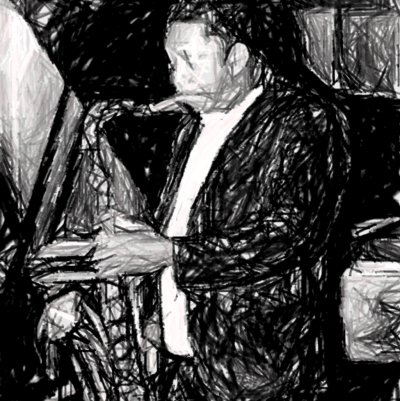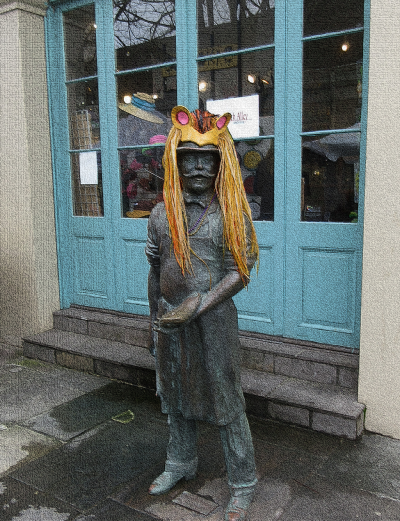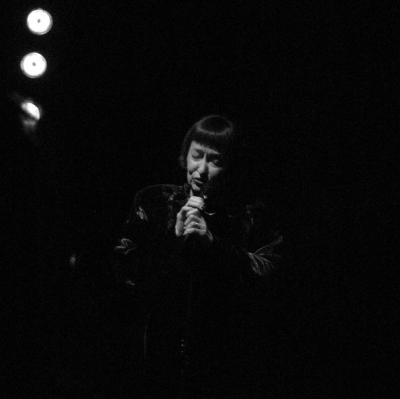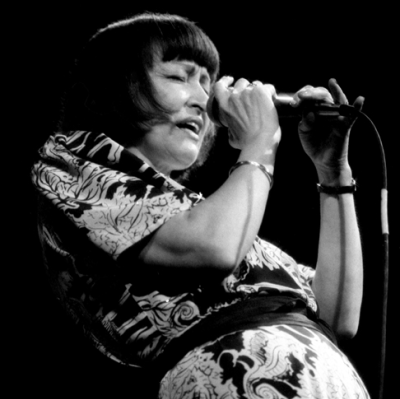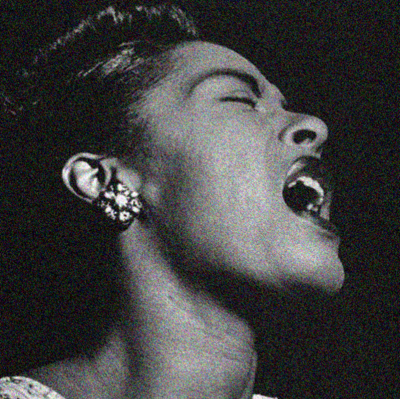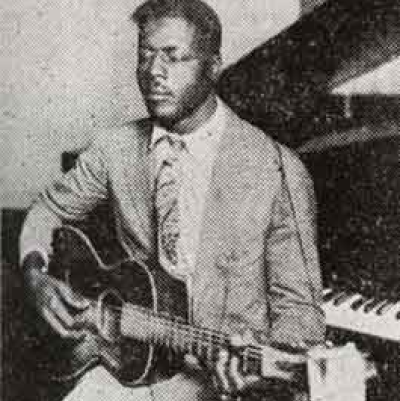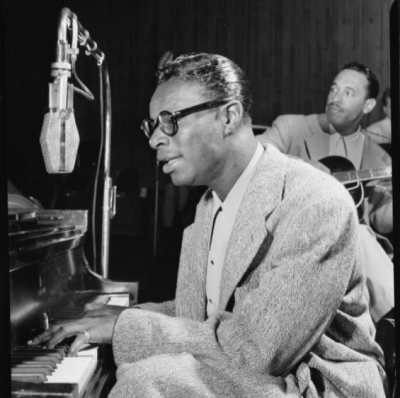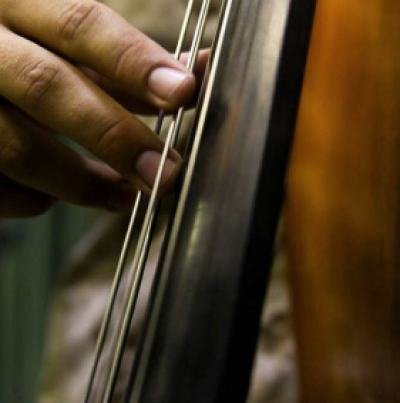ELEGY FOR HART, IN THE KEY OF CRANE
The pipe-organ sea on-drones a dirge for you
as it will for the last whale’s final soundings.
Deep in the ocean’s heart, Hart has found a home.
Before his final voyage, from the shore he watched
the breakers as they slipped each blow, master
counterpunchers with kayoes in each fist.
Those knuckles blanch to foam they punch so hard
the jaws of jetties, the ribs of rivers’ repose,
there where Gravity levels the sea-surge
in estuaries’ bracken. There where our lungs emerged.
The bottom of the sea is cruel. So is
Time’s piracy should kids grow old too fast,
their mechanical wind-up toys too lame for catching up,
and Hart could hear the fathoms calling out his name.
Waves tat a rhythm; whitecaps thump the ruffled shore.
Your Brooklyn buttresses span not just the land,
but vault in a great leap forward to the Muse-God,
who redeems a savage and prosaic world.
Dear Hart, a ghostly dolphin stitches your immaculate
cords of imagery to the waves breaking for you in my heart.
PAPA-FROM-CHICAGO’S HOUSE IN KEY WEST
In the beginning was the Word and
the Word was God so Papa scribbled like mad,
though nobody knew him yet as “Papa.”
His goatskin hands Esaued across the terraces
of the old Royal’s scrambled alphabet keys clicking
like stone crabs side-stilting across Lower Keys coral rock.
He was fishing for the perfect sentence he
said he would swap his life for; which he did,
for style’s more dangerous and digs deeper than
any crazy idea, just content can.
He really loved his house. He tossed a catwalk
from his bedroom to his Teddy R.-type
studio above the six-toed kittens, the urinal
he toted from Sloppy Joe’s for his pussies
to sip from. Then there’s his frontyard boxing ring.
And there’s his Hollywood swimming pool Goddamn it,
an’ Goddamn this an’ Goddamn that an’
also the tourists and every morning to pick
up exactly with what he had wanted to say next,
and in the beginning was the Word
and the Word was God, unlike Time, which is mortal;
and oh how he loved the sneaky little word “and.”
Sticks and stones knocked him down but never out,
hair on his chest and all that. Only the words
mattered for the final weigh-in for the final bout.
He began to think words were things: His word-house
had hard word sidings resting on stilted words.
The world was born to realize its words.
The wineskin on the wall was a word, the gore of war
was words, the right ones in the right sequence;
lions faced and bagged, his great love lost: all words.
THE WILLIAM FAULKNER HOUSE
This is the house where the poet William
Faulkner lived n died. In the pines,
in the pines where the sun never shines, planks
were sawmilled from the trunks to make a house
that stands pat with a roof on its shoulders
to keep it from sagging to either side.
In front of the house emblematic magnolias
rattle their metallic petals in the wind.
In the loblolly pines on hot Southern nights
the horses n hounds, dappled with moonlight
chased the foxy vixen smart as a whip
and brilliant as instinct that won’t hesitate
to do what it knows how to do. Yoknapatawa
County was afraid he would resurrect zombies
from its cotton-pickin, antebellum cemetery.
He would stand there staring for eight hours straight
at the courthouse, concentrating on
an ever-finer point till the point was so small
it slipped through the world into words
where material and perception were connected
and the wordless world and the words were one
in the glia in the gray matter that is tickled
so as to unblock the tumblers in the mind
where treasures are stashed: There, under the old
courthouse in the old square, in its records.
He stood there eight hours straight and the towns-
people thought he was crazy but now they’ve
put up a statue and he stares for twenty-four
seven without let-up at the buried records,
so who’s got the last word now? He lived
among verbs n participles, prepositions
and propositions, verbs n nouns and could
drag out a sentence for seven pages
if he wanted to or short as a few syllables,
it was all the same, words, words, words,
as Hamlet said on another occasion,
and then the periods, beyond which the truth lies.
MISSISSIPPI LITERARY AORTA
Mark Twain’s paddlewheelers churned up n down
the north/south corridor linking east n west
via the Mighty Mo and the Ohio
lugging pioneers n baggage in so
many directions; Mississippi Mama,
Frontier Father, and our Mighty Muse.
Now it’s, “Whoa, don’t touch that dial, have a Big Mac”
but “Mark it twain,” the captain hollered back then,
n Hemingway rowed out of the Des Plaines into
the Big River. Hart Crane and Sherwood Anderson
understood the Ohio was born to flow downward.
F. Scott started where the spring sprung, brilliantine
hairdo glistening like the rapids
that fingerwaved his brain with Hollywood
undulations and straight lines. Faulkner, Billy,
struck phrases like medals, sentences like coinage
a few miles off-shore n down to the cottonmouth
Delta dangerous as the blues n jazz combined.
So sailed to St. Louis and the homestead
of Thomas Stearns, a parking lot now, three blocks
on the other side of the tracks from where
Tennessee Williams’ apartment house modeled
as a movie set for the Glass Menagerie,
and there was Marianne Moore slapping down cards;
Saul was canoodling the Chicago River,
dishing out the dirt, the give and take,
shaking his spear and reminding us all
that meaning has a meaning as it meanders
right through the guts of any watershed
you can imagine and which will give you portage.
Watersheds make a culture, especially
one that turns itself into a Gulfstream
and was once a sound as big as an ocean
in the ice age before global warming.
So go read about voyageurs, Pontiac,
George Rogers Clark who made it all happen,
and Mississippi Mama just keeps rolling along.
About Andrew H. Oerke
“I recently returned to poetry, my first love, after many years in development work with the Peace Corps and other voluntary organizations.
Poems of mine have appeared in The New Yorker, The New Republic, Poetry, and in numerous other magazines. In 2006 two new books of my poetry, African Stiltdancer and San Miguel de Allende, were published jointly by Swan Books and the UN Society for Writers and Artists. They have received the United Nations Literature Award.”







